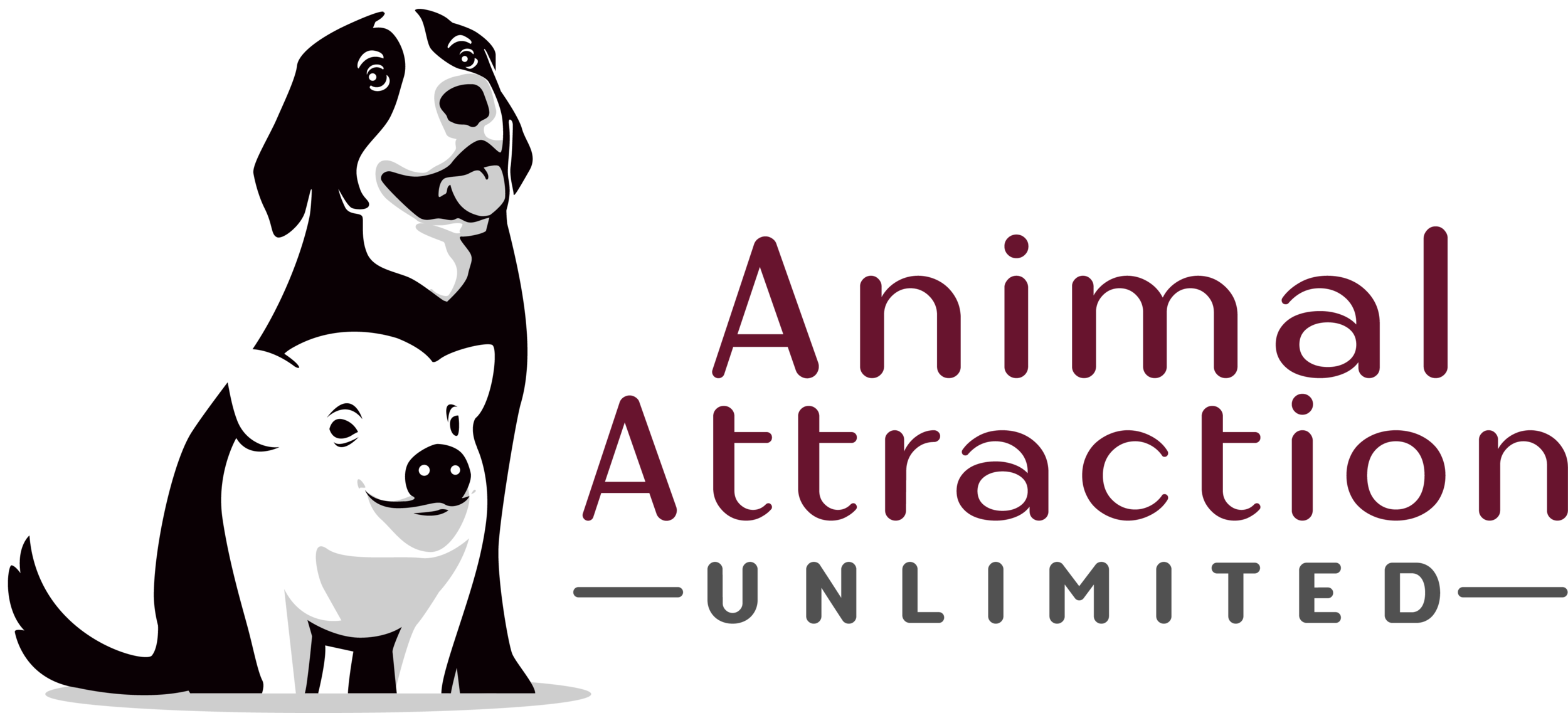The Good Breeder Checklist: Avoiding Puppy Mills and Scams
This podcast offers a comprehensive guide to finding a responsible and ethical breeder when seeking a purebred dog. It emphasizes that the journey begins with careful breed selection, stressing the importance of matching the dog's energy level, size, grooming needs, and independence to your lifestyle and living situation. The hosts advise against basing breed choices on limited encounters and strongly recommend extensive research, including visiting dog shows to observe multiple dogs of the same breed and speaking with a variety of owners, trainers, and veterinarians for unbiased opinions.
When selecting a breeder, key considerations highlighted include:
Transparency and Access: A good breeder may allow you to visit their facility, meet the mother dog (and ideally the father), and observe the puppies' living conditions. It depends on how protective they are about exposing puppies to outside germs, but many breeders will share videos and photos of the litter as they grow.
Limited Litters: Be wary of breeders with multiple litters on the ground simultaneously, as this can indicate a focus on profit over proper care and socialization.
Health and Genetics: Responsible breeders are knowledgeable about potential genetic health issues common to their breed and should openly discuss these, providing documentation of health screenings for the parent dogs.
Post-Sale Responsibility: An ethical breeder will be invested in the long-term well-being of their puppies, asking thorough questions to vet potential owners, and being willing to take the dog back if the owner's circumstances change.
Socialization and Enrichment: Look for breeders who actively socialize their puppies by exposing them to various sights, sounds, surfaces, and people. They should be proud to share their methods for enrichment activities.
Appropriate Release Age: Puppies should not be released to new homes before eight weeks of age, as this critical period allows them to learn essential social skills from their mother and littermates.
Comprehensive Support: A good breeder will provide new owners with sufficient food to transition the puppy, comprehensive paperwork including health records and vaccine history, and a clear health guarantee.
The podcast stresses that finding a responsible breeder requires diligence, but the effort ensures a healthy, well-adjusted dog and a positive long-term relationship for both the dog and its new family.
